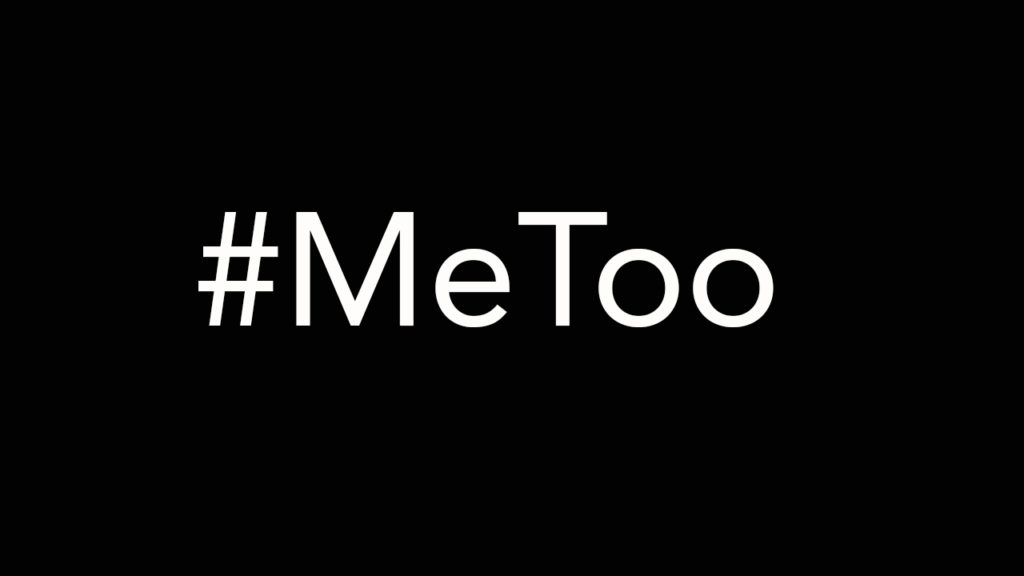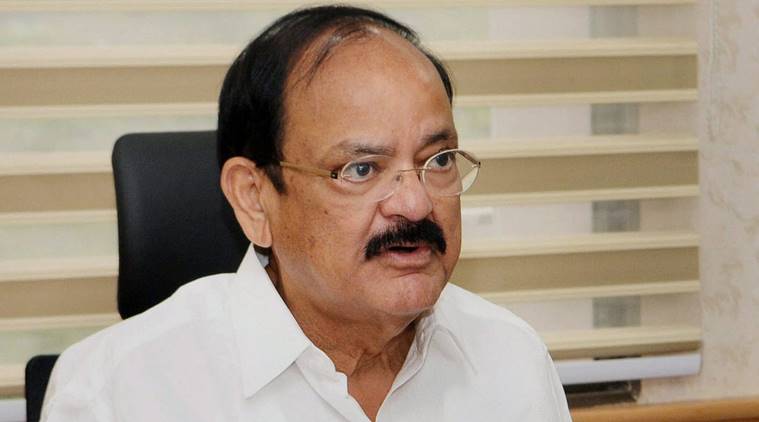
We are aware of how the #MeToo movement began in 2017, in the United States of America, and spread to other parts of the world. I will not go into the timeline here. I will, though, begin with how it hit the Indian sub-continent. In 2018, as the movement spread in media, politics, film industry, art worlds etc. in India, it represented its later phase in the country. In 2017, the List of Sexual Harassers in Academia (LoSHA) is first of the testimonies in which many wrote together, and it was widely circulated on Facebook. This happened alongside many personal testimonies of individual experiences of violations – in which only details about an event was posted, in which it was posted with the name and where-abouts of the perpetrator, or simply as a hashtag. To this list, a very direct response occurred a few days after it was circulated. The Kafila online portal, published a statement with a list of signatories who have significantly contributed in women’s and feminist movements in the previous decades, and who demanded that the list be removed immediately. There were many reasons for them demanding it, but the central emphasis was on the fact that they have worked hard to put in place ‘a system of due process’ and this list is an arbitrary disservice to the same. The comments section of the post witnessed some heated responses, both agreeing and disagreeing with them.
Throughout 2017 and 2018, The Economic and Political Weekly published a series of special articles regarding this particular event, and while they made several and differing arguments, majority of them emphasized on the fact that there needs to be better conversations between feminists. A common response and one which I agree upon till date was on the strange emphasis to shove violations under ‘due process’. And the reason for it is simple – if due process was so effective, would the list have come out? Moreover, it was also observed that the feminist signatories were upper caste women with Nivedita Menon as the publishing signatory, and Raya Sarkar, in whose name the collective list was circulated, was a Dalit queer PhD scholar located in the United States of America at that time. The latter never claimed that the list was a ‘complaint’, and to that end, it should be kept in mind that the ‘due process’ understands the language of the ‘complaint’ alone. Therefore, the (slightly self-righteous) demand to place ‘due process’ over and above a social media list, was truly absurd. Several cases which in fact became a part of legal proceedings and involved powerful faculty members as accused, never saw the light of the day, delayed, or simply halted. This article though, is my attempt to understand the nature of the ‘movement’ of which LoSHA was only a small part, after some years have passed. It is me particularly thinking about the title of the statement by signatories, which included the term, “naming and shaming”. In fact all the other kinds of posts in the movement, which included an object of accusation – whether it was a person, a collective, family, State or any other institution, could be accused of ‘shaming’. It is this act of ‘shaming’ in a ‘movement’ which was spread on online platforms, that I want to think about in this article, after more than four years of the movement has passed.
In the context of the liberal democracy in the United States of America, the law contains what in legal terms is called – ‘shame penalties’. Martha Nassbaum (2006) gives a detailed psychological, philosophical and social account of the role of emotions vis-à-vis laws. In the process, she argues that the role of these penalties is different than the role of imprisonment, as the latter is motivated to tracking ‘guilt’ in the accused, which assumed that if the individual guilt is taken into account in isolation by the guilty himself/herself, then the person will be rectified. ‘Shame’ plays the role of showing the society – a message sent by the society onto itself – that a wrong doing if caused and recognized, will hereafter deem the individual as being ‘deviant’ to the society and will remain so at all times, publicly. Many thinkers, as Nassbaum argues, have expressed their ideas on what such a penalty would practically do. Dan M. Kahan believed that ‘shame’ from the side of law, is a powerful alternative to imprisonment as through it, the society is making a statement, and the public justice system is always functioning on behalf of the society . Its role therefore, is expressive. As an extension then, its role is also that of causing certain morally wrong actions to deter so that the rest of the society does not engage in the same. Julia Annas believed that ‘shaming’ especially from the side of law which believes in a common consensus of according everyone with dignity and respect in a liberal democracy, is contradictory of its function, as it carries a dehumanizing aspect to it. It breaks the spirit of the legally charged person and the now ‘deviant’ person can no longer reintegrate into the society except if he/she finds other anti-social groups to identify with. By extension then, shaming is impractical and may cause more harm than good for the society. But the most powerful direction in which legal philosophers and thinkers have argued against it, is somewhat shared by many feminists and anti-abolitionists even in the Indian context. Law’s retributive function which includes its statutory obligation to impose punishment even in the context of ‘shame’ is counter-productive because according to Nassbaum, it represents a certain ‘narcissistic rage’ in the punisher. This implies that the punisher by punishing, acts out his/her revenge, thereby removing and erasing himself/herself from the space of deviance altogether. When State is that punisher, and when it removes itself from deviance, it is deeply problematic as in the Indian context, as in many parts of the world, the State itself has perpetrated brutal crimes, bloodshed, rapes, violent seizure of land, genocide and so on. And therefore in the name of retributive justice, the State and its tools like law, erase their own violent aspects in according shame penalties, and further, capital punishment.
When the signatories deemed that the list was ‘naming and shaming’ it is unclear as to what they meant. In a movement like #MeToo, there were people who were writing and posting testimonies, even if ‘shaming’ in public. They were neither taking help from the State, nor men or any others, and were if anything, showing that State tools like law have not worked. Majority of the posts which were published did not claim that they needed legal help or they were there to offer retributive justice by themselves. They also expressed their stories in full view of their right to speak and express, because they also owned their experiences. But, more than 4 years after the #MeToo movement, the nature of the movement needs to be questioned. K. Balagopal in one of his interviews expressed, when we have to think of a movement, we can no longer say I am oppressed, we have to say, oppression is wrong. I believe in a situation where I have full right to express my experience in public, on a platform in which speedy circulation is possible, the role of the ‘narcissistic rage’ must not be forgotten, especially if I belong to a historically privileged social location in terms of my caste-class location. The act of expressing in public forums must not erase such a subjectivity from the violence (even if not of a sexual nature) which he/she represents by mere existence vis-à-vis his/her relational position in terms of social location in the society. I am saying this because my individual experience of violence while I am at the receiving end, must be understood in the historical context as well. The moment it is detached from history, I and I alone become the ‘perfect victim’ distanced from deviance, as if my subject-position has not caused any violence of any sort. A counter-argument to this cannot be my general behavior and sensibility of the individual self, who may have developed a voice for acknowledging the unequal positions including that of my own, in the society. But the present individual self cannot deny history, and certainly cannot be the victim having a sole enemy in a problem that is occurring in a deeply stratified society like ours.
The discussion on this can be long, as I have not dealt with more key questions like, does the Indian sub-continent represent a political liberal democracy? Or the role of law vis-à-vis the question of caste and women. I will engage with it in successive pieces. I am certainly not in favour of the absurd inclusion of the right to express an experience of violation only under the garb of legal language. Legal language often hides the nuance that some experiences may carry, but, when expressing as a part of a ‘movement’ (in this case, viewed in retrospect), the ‘I’ alone cannot be oppressed and therefore erased from the realm of oppressor position of any kind. After all, the movement represented an attack on dignity and bodily integrity as rights that people and groups have, and the criticism of the movement also lied strongly on it being taken away by some women alone, who have themselves caused violence of various degrees to other women, some men, and other social collectivities.
Anamika Das is currently pursuing her PhD in sociology from the University of Hyderabad. Her interests lie in the sociology of law, sexual violence, State, and constitutionalism.














































